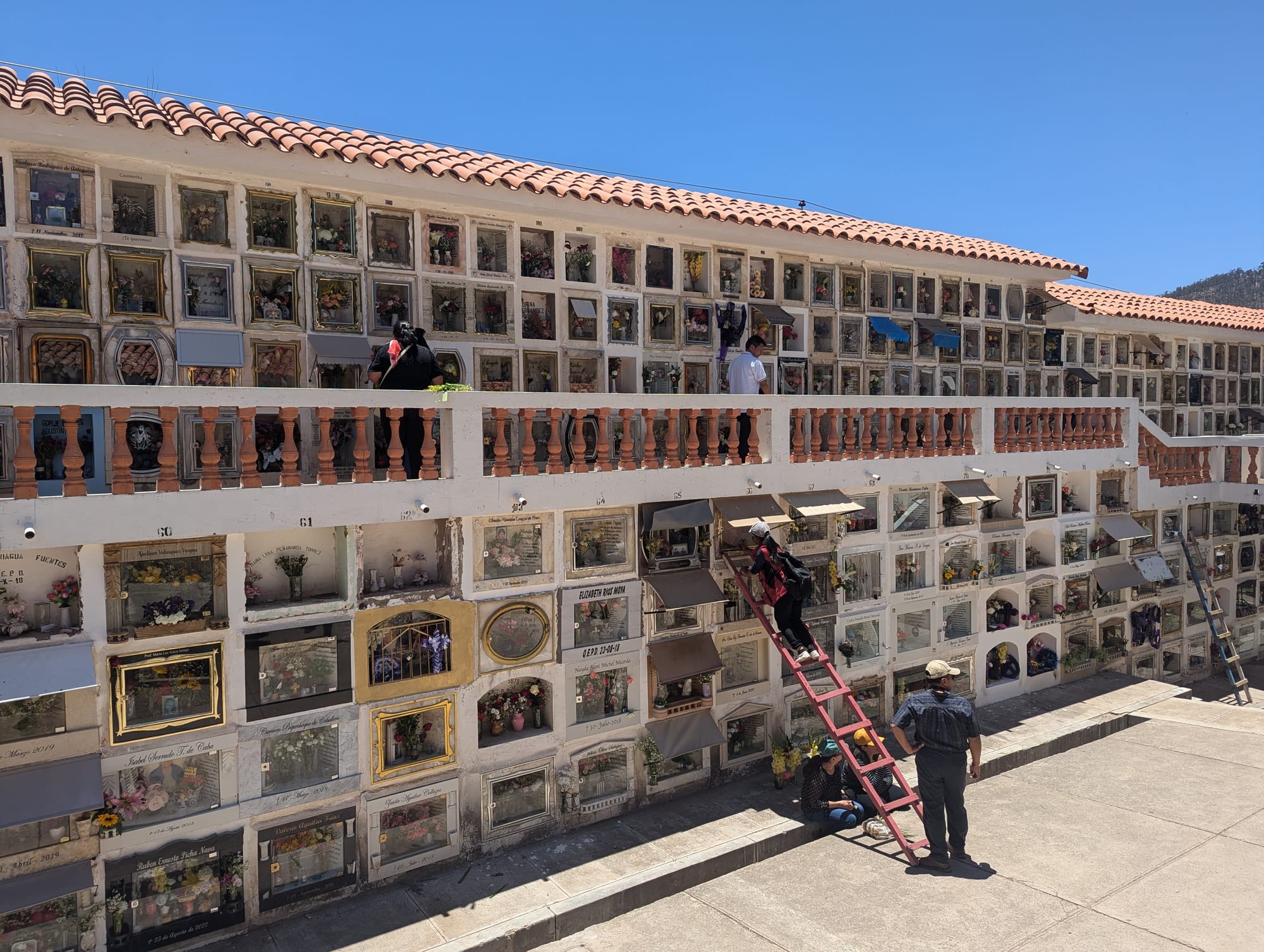Political power play leaves Bolivians short of food and fuel

‘The never-ending queues for fuel, the waste and scarcity of food, the rising prices — the bloqueos are affecting the lives of all Bolivians,’ says Carla Torres, a café worker from the capital city of La Paz. Torres' words reflect the increasingly dire situation across the Andean country marred by economic decline and disruptive bloqueos (blockades) of crucial supplies in recent weeks. Devotees of ex-President Evo Morales, who is under investigation for alleged statutory rape and human trafficking, have threatened to paralyze the country with bloqueos should he be arrested.
Outside Cochabamba, Morales’ political heartland and a vital transport hub between Bolivia’s east and west, lorries carrying fuel, flowers, fertilizer and foodstuffs are halted for days at a time. Produce rots, ceremonial flowers wilt and Bolivians who spend hours queuing for petrol often return empty-handed, unable to travel to work or see their families.
‘Bolivians in areas like La Paz and El Alto are forced to wait in long queues to buy basic products like chicken and rice,’ says Glaeldys González Calanche, a Latin America fellow for the International Crisis Group. ‘Quality of life has progressively deteriorated amid multiple crises.’
Ahead of next year’s elections, Morales and his former mentee, the current President Luís Arce, are battling for the candidacy of the Movimiento al Socialismo (MAS) party, to be decided in December. Morales claims Arce ordered his assassination after shots were fired at his car outside Cochabamba on 27 October. Arce’s government said Morales ‘staged’ the incident.
On Friday, pro-Morales groups stormed three military facilities near Cochabamba, seizing weapons and ammunition, and taking at least 200 soldiers hostage. Journalists reporting on bloqueos in Parotani and Mairana were ‘attacked with stones and threatened with firearms or being burnt alive’ according to Rodolfo Huallgo, the administrator of Bolivian human rights organisation UNITAS.
Latest attack on a Bolivian journalist trying to cover the 'bloqueos' (blockades) by supporters of ex-President @evoespueblo. Tensions remain high around #Cochabamba following an assassination attempt on Morales. https://t.co/aYmSzjHaM6
— Alex Blair (@alexjmblair) October 29, 2024
As of 4 November, 22 days of consecutive blockades have cost Bolivia more than $1.18bn, according to figures from Cochabamba’s Federation of Private Business Entities (FEPC).
In the 610 clashes so far this year, Police have been unable to shift the bloqueos. On 26 October, Arce appointed new army chiefs, threatening to ‘take measures’ in a presidential address that hinted at military deployment.
After Venezuela, Bolivia boasts the second-largest natural gas reserves in South America. Often described as the continent's 'geographic bottleneck', Bolivia and its bloqueos are raising concern among its neighbours in Argentina, Chile, Paraguay and Brazil which all depend on Bolivian fuel.
It is everyday Bolivians, however, who are bearing the brunt of the bloqueos. As the prospect of armed internal conflict looms large, shop owners, lithium miners and taxi drivers find themselves stuck between the political ambitions of two men vying for power.
— Alex Blair (@alexjmblair) and Fabiola Chambi (@fabiolachambi)
📰 Read our Country Profile on Bolivia from NI549
👀 Monitor a live map of the bloqueos
🤝 Share the work of Bolivian human rights organisation UNITAS
📅 Explore our Currents Calendar for all upcoming events and activities
Like what you've read? Support us with a tip.
Have a contribution for our Currents Calendar? Reply to this email with the details.

